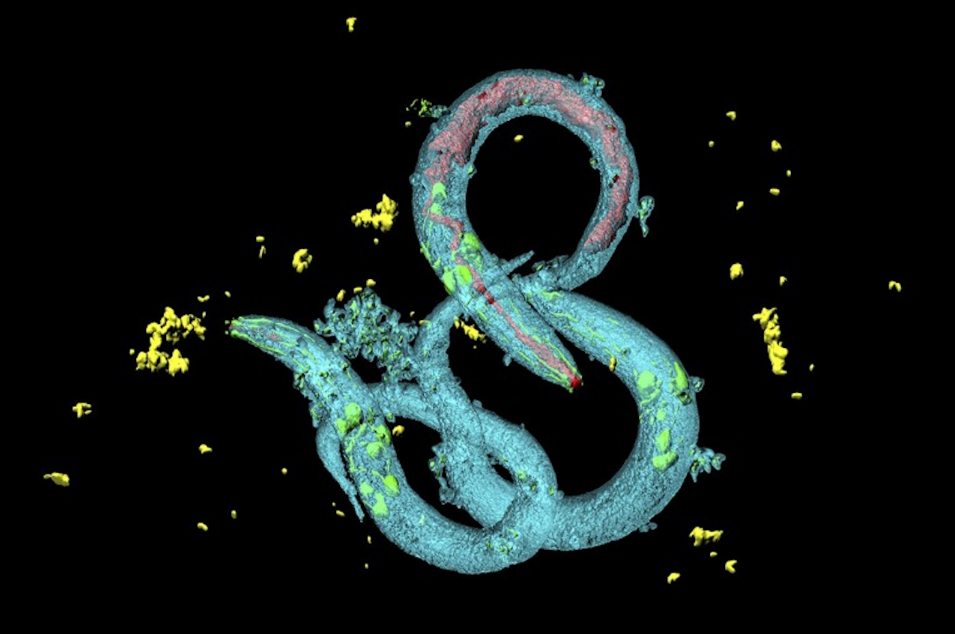Frozen nematodes saved memories from oblivion

Placing microscopic experimental nematodes on ice saved their memories from being forgotten, which under normal conditions occurs in just a few hours. Moreover, the effect was observed only if the animals were placed in the cold suddenly, preventing them from adapting. This means that nematodes are able to store memories for a long time, but for some reason do not use this mechanism. Its study can help to better understand how memories are formed and stored, particularly in humans.
The mechanisms of formation and erasure of memories are still largely unknown. From experiments on animals, scientists have found that memory is at least partially regulated genetically, but it is also influenced by environmental factors. If we understand exactly how and to what extent the environment can affect memory, it would be possible to understand how to prevent or slow down memory impairment in people.
When studying memory, scientists often use the nematode C. elegans. These easy-to-breed microscopic animals have just 302 neurons, but are capable of learning and forming memories. For example, forming associations with a smell and an unpleasant stimulus. However, they usually forget such memories within a few hours. But since in C. elegans the adaptation to cold is connected with the nervous system, the scientists assumed that exposing the animals to low temperature can also affect their memory. So they tested it in the following experiments.
The scientists first used the usual approach of forming associations with odor in nematodes. When the animals were subjected to short periods of starvation, they were exposed to an odor that they normally liked. Because of this, nematodes began to associate it with unfavorable conditions and began to avoid it. But in 2-3 hours they forgot about it and reached for their favorite smell again. However, this time, immediately after the association was formed, the scientists placed the animals on ice or gradually lowered the temperature.
As it turned out, nematodes frozen for at least 16 hours still avoided the smell associated with starvation. This was not observed in animals that were cooled gradually. However, after the nematodes were removed from the ice, the process of erasing memories began. Within the next three hours, the animals had already forgotten the association.
The scientists also found that the drug lithium has a similar effect to cold, affecting the neurons involved in cold endurance in nematodes. The lithium-treated animals stopped forgetting the association with the odor, even when placed in room temperature conditions. With both the cold and the lithium, memory retention was accompanied by a decrease in the levels of diacylglycerol, which the scientists called the forgetting switch.
The results of the new study pose a number of open questions to scientists. One of them is why animals quickly forget information if they have the opportunity to remember it. It is likely that the phenomenon is due to a kind of compromise, in which the retention of memories for a long time takes unnecessarily many resources from other, more important processes. Studying this question can help to understand how people preserve memory in age-related and neurodegenerative conditions.
Another important aspect of the study is the effect on memory of lithium, which has been used for decades as a first-line drug in the treatment of bipolar disorder in people. Perhaps studying its effects on nematodes will help clarify its mechanism of action and improve the treatment of mental disorders.